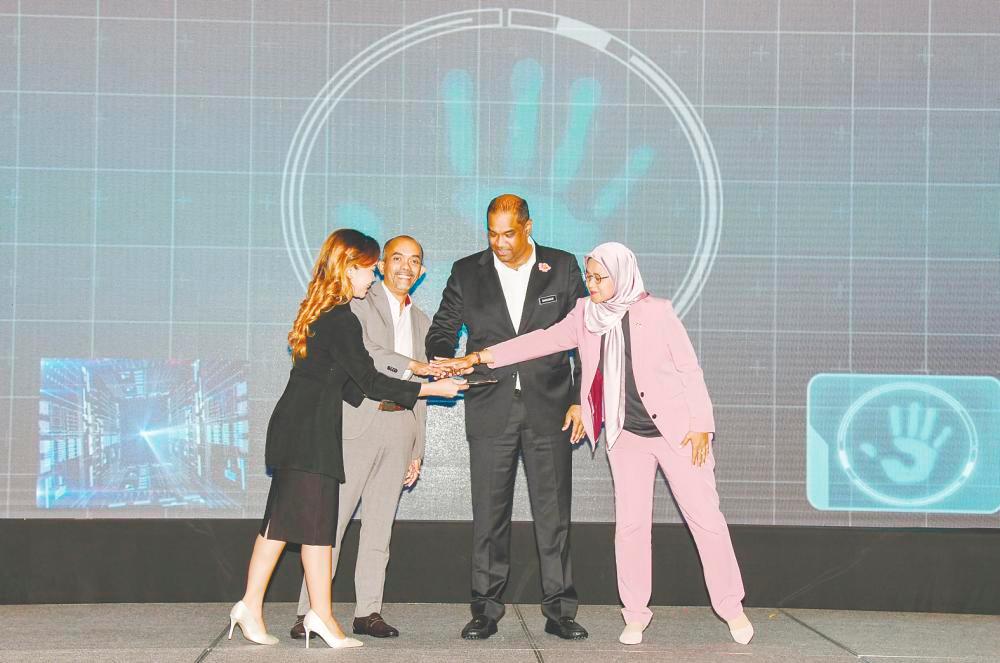KUALA LUMPUR: Malaysia’s net zero carbon agenda by 2050 will strengthen the country’s leadership position in sustainable and green financing within the region, particularly when Malaysia takes over the Asean chair in 2025.
Deputy Entrepreneur Development and Cooperatives Minister Datuk Seri Ramanan Ramakrishnan said Malaysia is progressing towards a zero-carbon footprint and believes the country is on the right path to achieve this target.
He highlighted Malaysia’s commitment to reducing carbon emissions and protecting biodiversity by endorsing the Paris Agreement in 2016.
“This effort also strengthens our position among Asean countries as a leader in sustainable and green financing. From the government’s perspective, especially under the Ministry of Entrepreneur Development and Cooperatives (Kuskop), initiatives like Roadmap 2.0 align with the nation’s commitment to integrating sustainability into all aspects of the economy,“ he said at the launch of SME Bank Sustainability Roadmap 2.0 recently.
Ramanan said various stakeholders, agencies and industries are already fully supporting the nation’s integrated efforts to drive a resilient and sustainable economy.
He added that Kuskop, together with SME Bank, has taken early steps to heed the government’s call to prioritise the net zero carbon agenda by introducing the Sustainability Incentive Scheme.
The scheme began in 2023 with an allocation of RM10 million, and it aims to enhance the competitiveness of the SME segment.
“In this regard, SME Bank’s initiative, as the first development financial institution to outline this seven-year plan, is something I am very proud of,” Ramanan said.
He also said the recent launch of SME Bank’s Roadmap 2.0, which targets carbon-neutral operations by 2030, is a step forward in reinforcing Malaysia’s role as a country committed to the Net Zero Carbon agenda by 2050.
“The government sees such initiatives as vital elements within the framework of Ekonomi Madani, where sustainable development not only becomes a national goal but also a strategy for ensuring long-term prosperity for all citizens,” he said.
However, while environmental, social and governance (ESG) goals are necessary, it can take time for certain businesses, particularly SMEs, to adopt them, Ramanan said. “For instance, many SMEs, especially micro-enterprises, face significant challenges in adopting ESG practices.”
Therefore, Ramanan said, it is crucial for all stakeholders, including government agencies such as SME Bank, to continue assisting the SME segment in transitioning to a green economy.
The deputy minister pointed out that SMEs are the backbone of the national economy, contributing more than 39.1% to gross domestic product.
“Through the policies outlined in Budget 2025, the government will continue to strengthen support for entrepreneurs, with the implementation of the Low Carbon Transition Facility and initiatives such as the Sustainability Incentive Scheme given priority,” he said.









